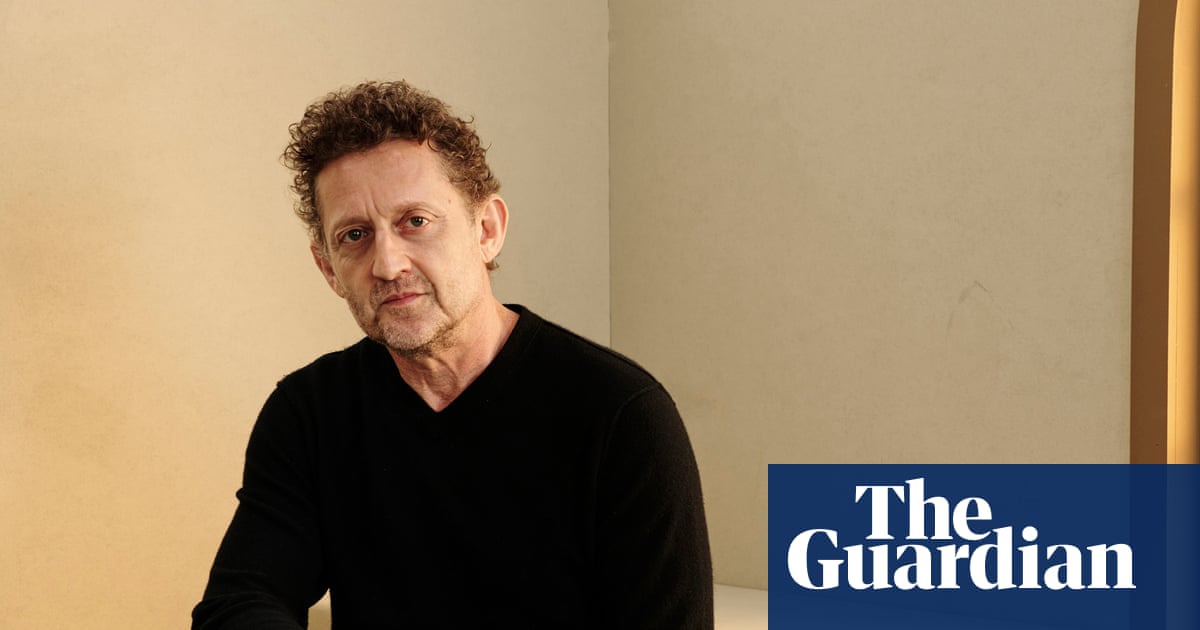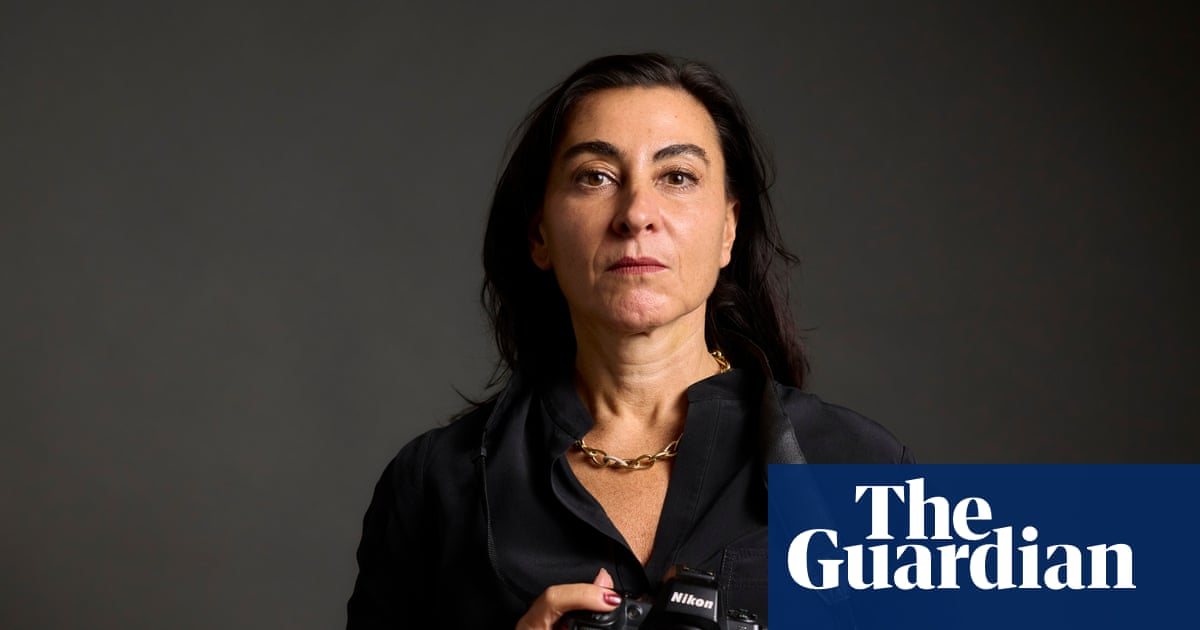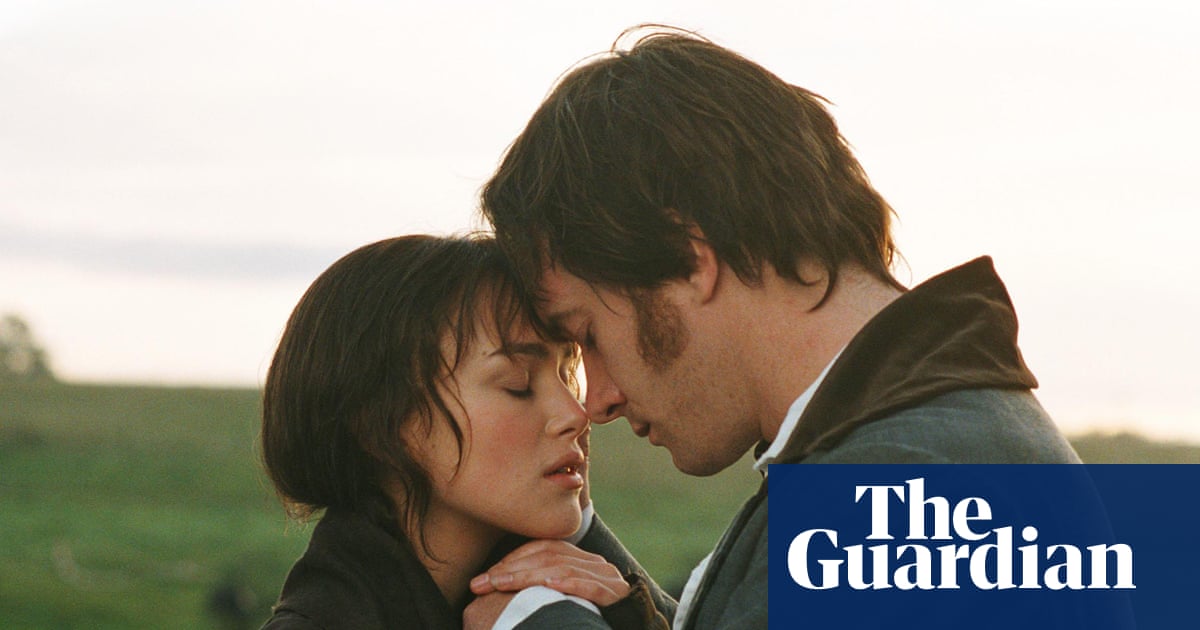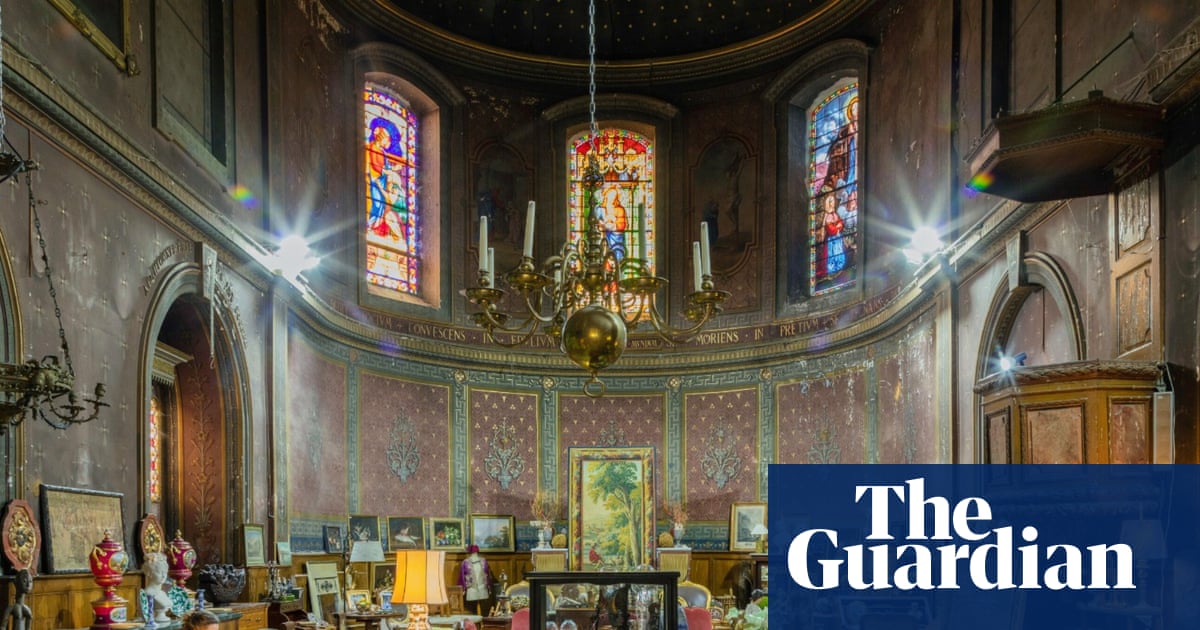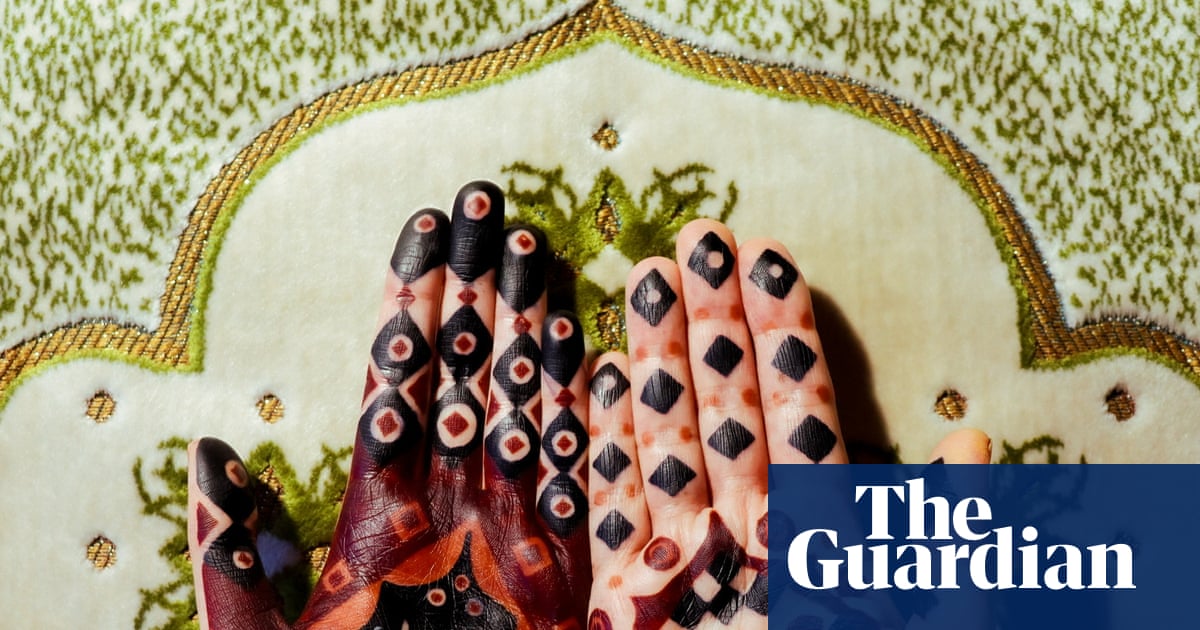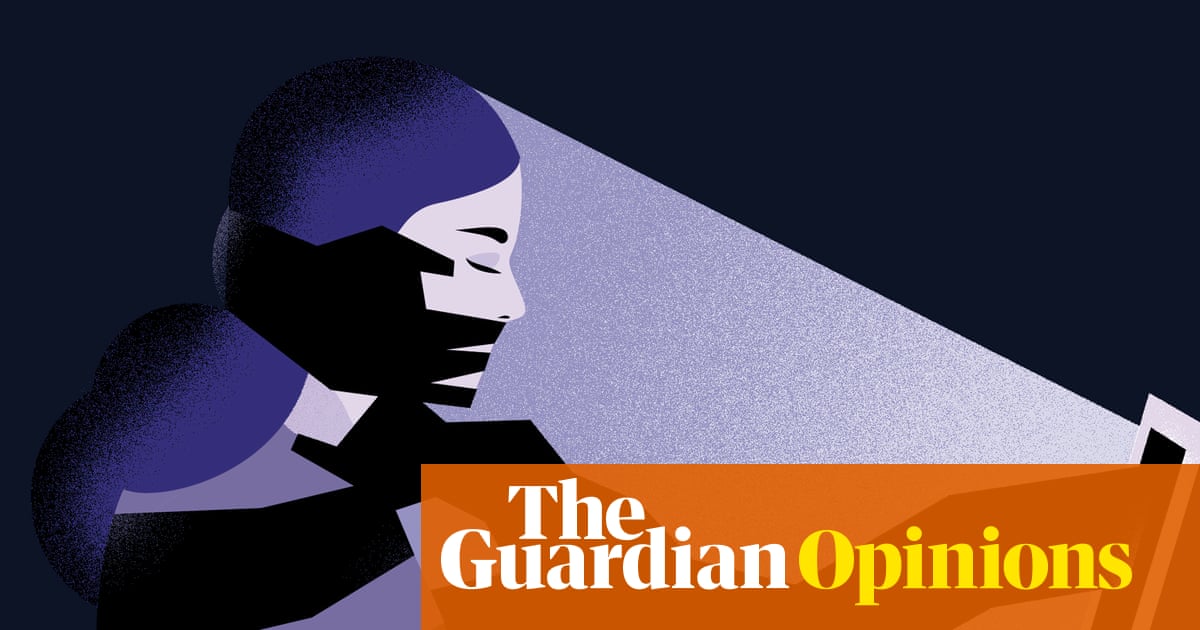The narrator of American nonfiction author Michael Clune’s first novel is the 15-year-old Nicholas, who lives with his father in a housing development so cheap and deracinated it inspires existential terror. It’s a place exposed to “the raw death of the endless future, which at night in the midwest in winter is sometimes bare inches above the roofs”. Just as frightening is Nicholas’s sense that “anything can come in”. One day in January, what comes into Nicholas is the god Pan – a possessing, deranging, life-threatening spirit. Or that, anyhow, is how Nicholas comes to interpret his increasingly disabling anxiety.
Pan is remarkable for the honesty of its treatment of both mental illness and adolescence. It shows more successfully than any other book I’ve read how these can be experienced as black magic – indeed, it allows that they might be black magic. Nicholas successfully prophesies trivial events (the wind rising, someone saying the word “diabetes”) and is haunted by a dead mouse’s squeak. Another boy finds a means of divination in a schlock fantasy novel. Even the pop anthem More Than a Feeling is a path to the uncanny; it’s a song with “a door in the middle of it … like the door on a UFO”. Nicholas becomes convinced that he is perpetually at risk of leaving his body – specifically, that his “looking/thinking could pour or leap out” of his head – and his friends, also being 15 years old, are ready to believe it, too. They are easy prey for Ian, a college-age man who sets himself up as a small-time cult leader among these high-school kids. Ian particularly targets Nicholas, telling him that only they are capable of real thoughts; the others in the group are “Hollows” who have “Solid Mind”, a deterministic mentality with no animating self. “The sound of words from a Hollow mouth,” says Ian, “contains an abyss.” Soon the group is staging rituals incorporating sex, drugs and animal sacrifice.
Meanwhile, Nicholas loses his ability to sleep and spirals toward psychosis. Clune is brilliant on the loss of control and exaggeration of terror that follows. Falling out of your face can be transcendence, but can also represent extinction. When Nicholas sees a black-and-white photograph of a group of long-dead priests, he reflects: “Now they’d all stepped out of their faces … The faces hung there like rows of empty sneakers in a shop window. The priests had stepped out.” At his hardware-store job, Nicholas sees the racks of garden tools and realises, “These are animals too … These are the husks, the waiting bodies, the body traps of animals.” He knows that if he stares at the hand spades and rotary tillers long enough, he can inhabit them; even household objects now have a door in the middle of them. Nicholas’s reality becomes fluid. Among his friends, he becomes the object of semi‑religious, semi-voyeuristic fascination. What is truly remarkable here is that the extravagance feels meticulously true to a certain state of altered consciousness. I doubt that anyone has had Nicholas’s exact experiences, or even ones that resemble them in obvious ways. Still, anyone who has experienced mental illness – and many who have just been 15 years old – will find even Clune’s most phantasmagoric pages uncannily familiar.
There are trade-offs to fiction that strives to be honest. Here, one is that the other characters never fully become people. They’re external experiences that inform the way Nicholas relates to his own mind, and it’s often very credible that they are “Hollows” with no real consciousness. This may be a truthful depiction of the isolation characteristic of extreme mental states. It also means the story is unrelentingly solipsistic. The plot centres on inner epiphanies. While these present themselves as life-saving answers, they all turn out to be brief respites, some evanescing so quickly that they’re forgotten seconds later. It’s no surprise that Sisyphus appears as a reference here. This is certainly true both of coping with mental illness and surviving adolescence. It also risks making the reader feel as if we’re going nowhere.
But this is not really to criticise the book: it’s just to say what it is and isn’t. A reader who approaches Pan expecting the usual rewards of a coming-of-age story will be sorely disappointed. It offers not answers but visions; not growth but lambent revelation; not closure but openings. “Good writing,” Nicholas tells us, is “the careful, painstaking replacement of each part of this world with a part that [looks] the same, but [is] deeper, more mysterious, richer.” This feels like a fair description of Clune’s own process, with the proviso that he is not replacing but supplementing; not substituting for reality, but adding to it. Nicholas ends his inner journey without arriving at the cure he has been pursuing. But when we close the book, we find ourselves in a larger world.
Pan by Michael Clune is published by Fern Press (£16.99). To support the Guardian, order your copy at guardianbookshop.com. Delivery charges may apply.

 3 months ago
53
3 months ago
53

